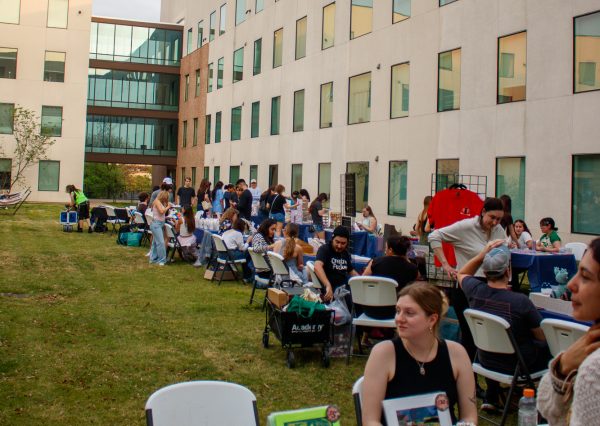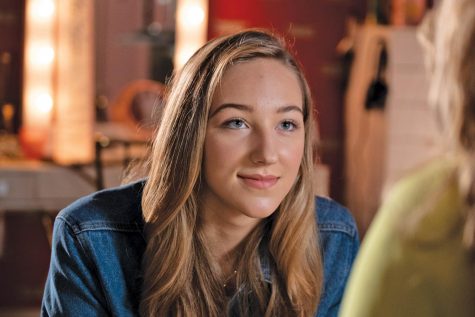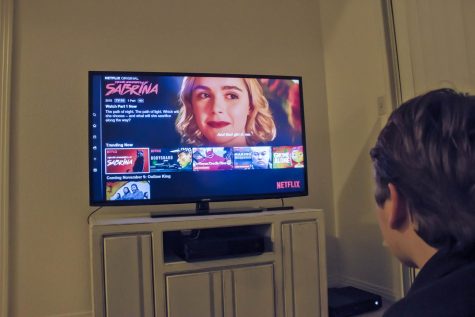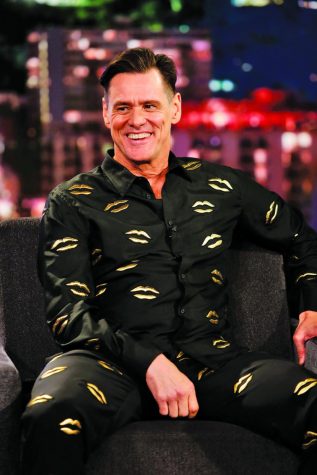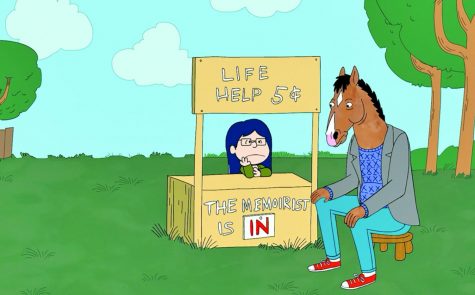‘A Single Man’ mourns love lost, encourages inclusiveness
As I watched the 2009 drama “A Single Man” on my TV via an HDMI cord connected to my Mac, Tuesday night rain was falling and a rosewood candle shed a dim light through my 500-square foot apartment. Tears ran down my cheek as I finished the movie and went to bed that night pondering the idea of lost love.
Director Tom Ford never fails to make me emotional. He outdid himself with “A Single Man,” a movie based on the classic book by Christopher Isherwood and starring Colin Firth and Julianne Moore.
Firth plays George Falconer, a middle-aged professor at Berkeley whose boyfriend has recently died in an accident. Falconer is unable to attend the funeral upon the family’s request and is forced to deal the loss of his partner alone.
On top of all that, Falconer must figure out how to live alone after years with his lover. He relies on help from family, friends and a student to help him pick up the pieces.
Moore plays Charlotte, Falconer’s best friend, who tries to get him to understand that life moves on after tragedy. Charlotte is mourning her own lost love after several failed attempts at marriage and is struggling with the reality that one cannot escape age.
Coping with a loss that society doesn’t understand is the main obstacle of this film.
The film does an outstanding job of naturally portraying a gay relationship. The film illustrates not just the life of two men in love, but the idea of life after lost love as something natural.
“A Single Man” gives a taboo subject some normalcy. It’s without agenda or political persuasion, but rather is focused on developing the idea of how love and life flow with each other.
Loss is something everyone must encounter. Goodbye does not discriminate. That is the beauty of movies like “A Single Man.” It makes us understand.






